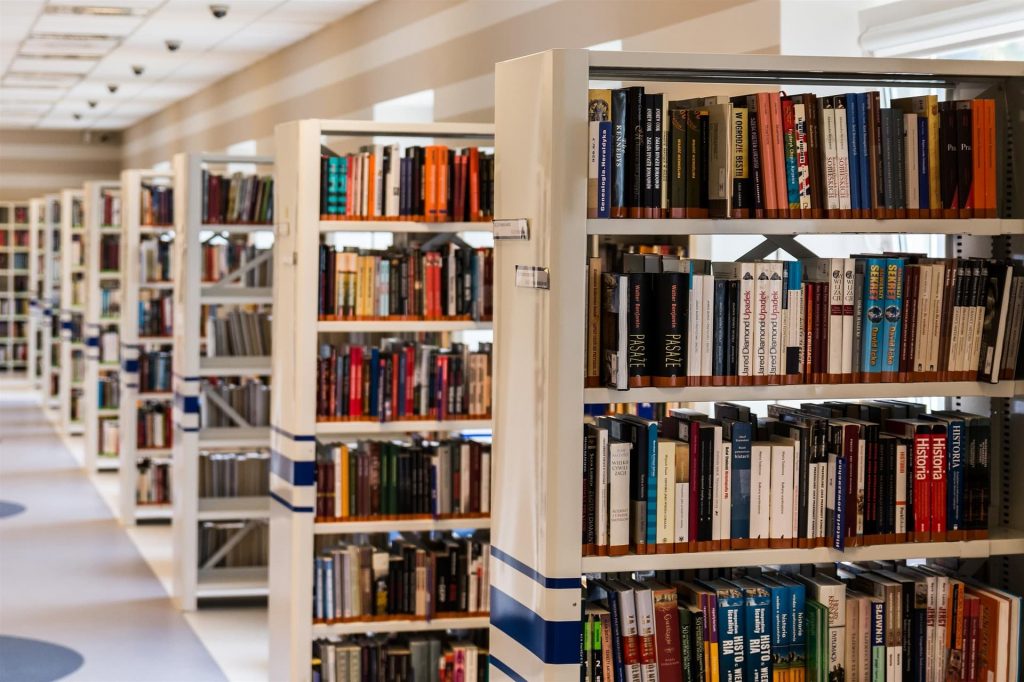
Library collection development is the process of acquiring, maintaining, and managing materials for a library’s collection and is critical to patron engagement. Making strategic decisions about what materials to add to the collection, based on the library’s mission, user needs, and available resources is the basis for a great collection.
Overall, library collection development aims to build a well-rounded, relevant, and useful collection that meets the information needs of the library’s users within the available resources and budget.
Here are some key aspects of library collection development:
- Needs Assessment: Assess the information needs of your users through surveys, feedback, and analysis of usage data. This helps identify subject areas and types of materials that should be prioritized for collection development. Does your ILS have reports that help you with collection information?
- Apollo’s report called “Searches and Results” provides a unique look at what your patrons are searching for at your catalog. It shows the search term, how many times it was searched and the average number of results returned.
- Collection Policy: Refer to your established collection policy that outlines your mission, scope, and guidelines for material selection. Your policy should guide you in making consistent and informed decisions about what to include in the collection.
- Selection Criteria: Identify specific criteria to evaluate materials for inclusion in the collection. These criteria may include relevance to the library’s mission, quality, authority, accuracy, currency, and anticipated demand. Different types of materials (books, journals, e-books, audiovisuals, etc.) may have specific selection criteria.
- Budgeting: Balance selection decisions with the available funds, considering factors like the cost of materials, anticipated usage, and the library’s strategic priorities.
- Format Considerations: Whether to acquire materials in print or electronic formats. Electronic resources, such as e-books, e-journals, and databases, are increasingly important in library collections
- Collaboration: Librarians often collaborate with faculty, researchers, and other stakeholders to understand their needs and ensure the collection aligns with the institution’s educational and research goals. Collaboration can also extend to interlibrary loan networks, consortia, and resource sharing initiatives.
- If you have nearby public libraries using Apollo consider our FlexShare feature set. Or if you have nearby schools using Artemis our FlexShare Community is a great way to connect a whole community.
- Collection Maintenance: Collection development is an ongoing process that requires regular evaluation and weeding. Librarians periodically assess the usage, relevance, and condition of materials in the collection, removing outdated, damaged, or low-demand items to make room for new acquisitions.
- Apollo’s report called Material Usage / Weeding is a tremendous tool that give in depth information about your collection. This offers, among many other settings, a way to see items added to your collection in a certain date range while also having circulated in a separate date range.
- Diversity and Inclusion: An important consideration for librarians is to provide a diverse collection that represents various perspectives, cultures, and voices. Some also actively seek materials by and about underrepresented groups to ensure inclusivity in the collection in accordance with your collection policy.
- Emerging Trends and Technologies: Collection development also involves keeping up with emerging trends in information resources and technologies. Stay informed about new formats, digital platforms, and tools that can enhance access to information and meet evolving user needs.

0 Comments